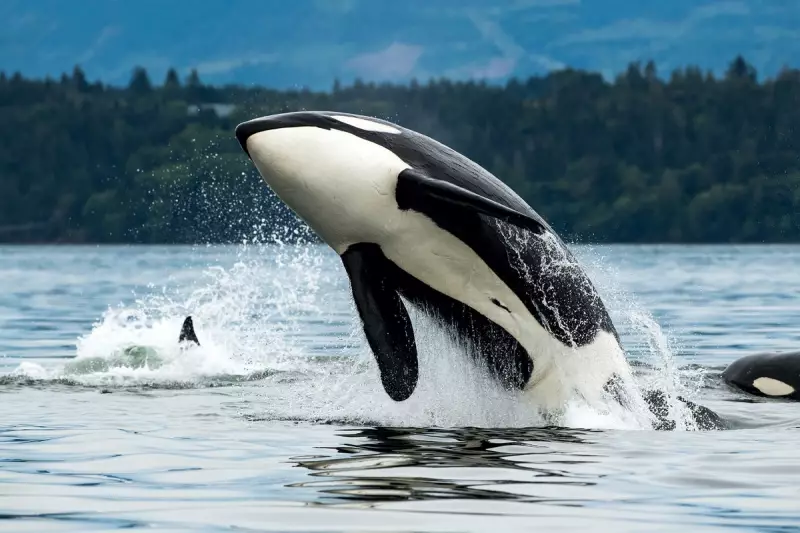
In a startling incident off the coast of Spain, a killer whale deliberately rammed into a boat, leaving sailors shaken and marine experts puzzled. The encounter, which took place near the Strait of Gibraltar, has reignited discussions about the growing frequency of such interactions between orcas and vessels in the area.
What Happened?
Eyewitnesses reported that the orca approached the boat at high speed before striking it forcefully. The impact caused significant damage to the vessel, though fortunately, no injuries were reported among the crew. Marine biologists are now analysing the incident to determine whether this was an isolated event or part of a broader pattern of behaviour.
Are Orcas Becoming More Aggressive?
This isn't the first time orcas have interacted with boats in this region. Over the past few years, there have been multiple reports of similar incidents, leading some experts to speculate about possible reasons behind this behaviour:
- Increased marine traffic disturbing whale habitats
- Changes in prey availability forcing orcas to explore new territories
- Learned behaviour being passed between orca pods
- Possible response to previous negative encounters with boats
What Does This Mean for Maritime Safety?
The recent attack has raised important questions about safety at sea. While orca attacks on humans are extremely rare, the potential for damage to vessels is becoming a genuine concern. Maritime authorities are advising sailors to:
- Maintain a safe distance from visible orca pods
- Avoid sudden changes in speed or direction when orcas are nearby
- Report all orca sightings to local marine conservation groups
- Consider alternative routes in areas with frequent orca activity
Researchers emphasise that these incidents, while alarming, don't necessarily indicate increased aggression towards humans. Orcas are highly intelligent creatures, and their behaviour often has complex motivations that we're only beginning to understand.





